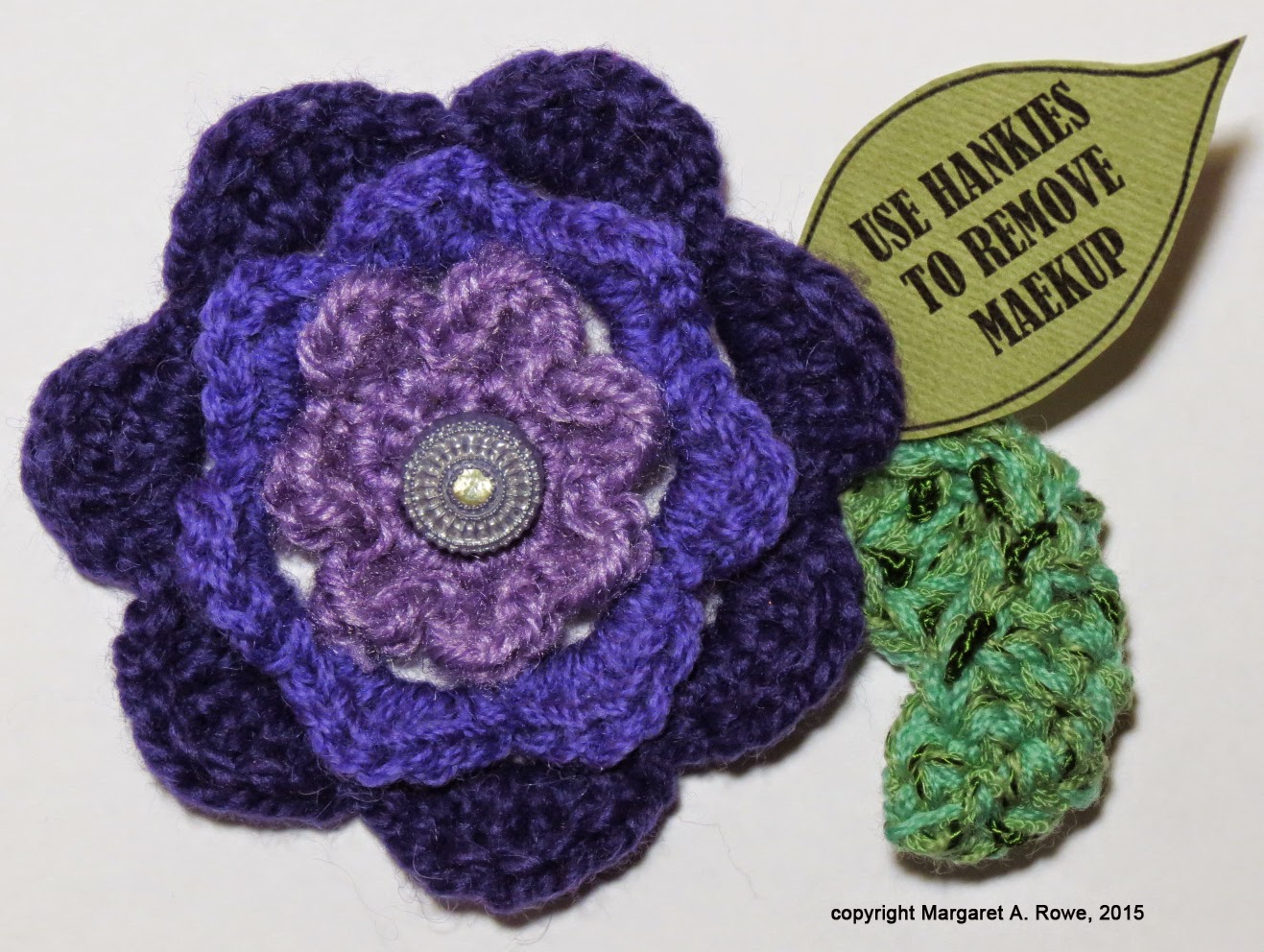1000 Flowers for the Planet - #518 Make Your Own Glue
It’s easy to
make your own glue at home using simple ingredients such as flour and water.
Other recipes might include sugar, vinegar, cornflour or salt. A simple search
on the Internet will provide you with recipes for various applications and
complete ‘how to’ instructions. Commercial glues can be made from animal
products (so if you’re vegan you won’t want to use it) or oil-based products
(there’s that fossil fuel thing again!). Therefore, you can make a big
difference to the planet by making your own glue, as required, thereby avoiding
chemical concoctions, and saving fossil fuels in the product and in the plastic
packaging. You’ll also reduce landfill. Another small difference in how we do things that all adds
up.






























